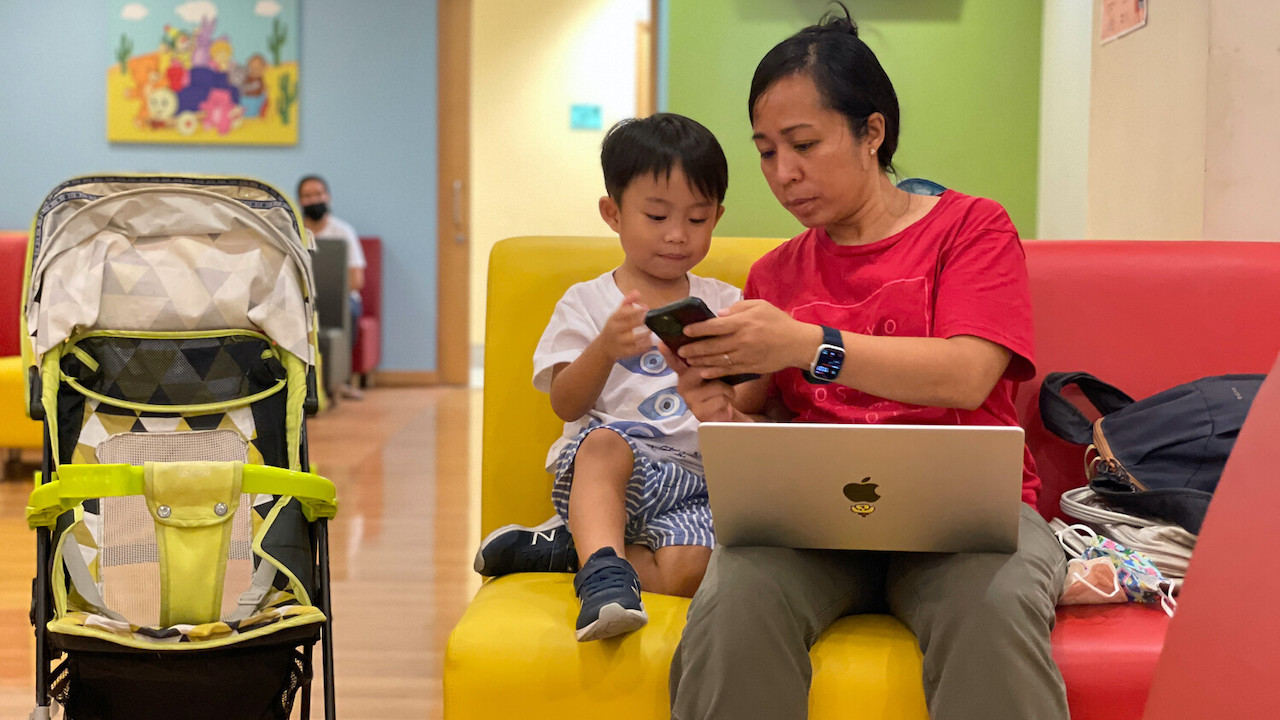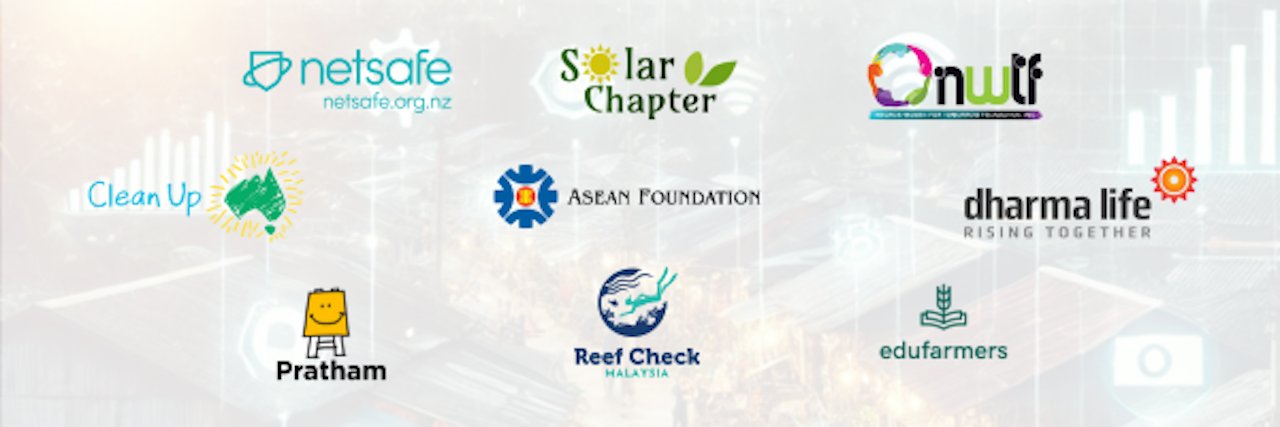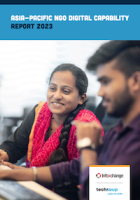
Infoxchange hopes that by leveraging AI, nonprofits will be able to better address challenges in areas including education, environmental sustainability, and financial inclusion. Photo credit: ADB
The grants will help nonprofits tap AI and other innovative technologies to address pressing development challenges and expand their ability to create lasting impact.
Social enterprise Infoxchange is awarding $1.5 million worth of grants to help nine nonprofits tap artificial intelligence (AI) and other innovative technologies to address pressing development challenges in the Asia and the Pacific, and to expand their ability to create lasting impact.
The grants are awarded under the second round of the Asia–Pacific Digital Transformation Program, which seeks to bolster nongovernment organizations’ (NGOs) digital skills and capabilities. The program, with support from Google.org and the Asian Development Bank (ADB), assists nonprofits in addressing challenges in areas including education, environmental sustainability, and financial inclusion through the use of technology.
The first round of the Asia–Pacific Digital Transformation Program saw more than 47 organizations across the region participate in free data, AI, digital marketing, and cloud collaboration webinars, featuring leading technology experts from the region. Participants were also able to access intensive coaching and consulting, as well as collaborative workshops and discussions at the APAC Digital Transformation Summit at the Google headquarters in Singapore.
Infoxchange said after receiving training through the digital skilling program, 71% of participating organizations reported “significantly” advancing their digital journey.
Infoxchange’s Asia–Pacific Digital Capability Report 2023 found that many NGOs struggle to effectively leverage digital technology. Many also have little capacity to undertake digital transformation. The report also found that:
- 1 in 2 nonprofits are not adequately meeting remote working needs
- 1 in 6 experienced a cybersecurity incident in the past year
- Only 34% realized that exploring new tech such as AI is essential to helping their social mission
- More than 60% do not have a system that enables them to understand their impact
- Only 50% of staff in NGOs are confident in using technology to perform their roles
The grantees

The selected nonprofits will deploy AI in varying ways, from solid waste management to advancing women entrepreneurship, among others.
- ASEAN Foundation will strengthen its ASEAN Digital Academy by integrating AI-driven chatbots, establishing a fact-checking community, and advancing cybersecurity training for communities across Southeast Asia.
- Clean Up Australia will leverage AI and machine learning for litter analysis, providing real-time feedback on litter collection efforts and improving the accuracy of environmental data.
- Dharmalife Foundation aims to transform learning experiences on its online platform by using AI to deliver personalized learning pathways and adaptive content and include a multilingual chatbot and auto-translation features to ensure wider accessibility.
- Edufarmers International Foundation in Indonesia will deploy its “ZeroStunting” project, utilizing AI to capture real-time data and drive awareness and behavioral change to combat stunting in communities across the region.
- Netsafe will develop an AI-powered scam detection app, designed to protect users from fraudulent websites by recognizing and verifying genuine brand URLs.
- Negros Women for Tomorrow Foundation, Inc. will focus on empowering female micro-entrepreneurs in underserved areas through an AI-driven mobile app that will feature budget-tracking and sustainability modules to help women manage their businesses.
- Pratham Education Foundation will use AI and optical character recognition technology to create personalized learning assessments to enhance the learning experiences of youth and women.
- Reef Check Malaysia will focus on citizen scientists in coral reef monitoring by building a live interactive map, promoting community engagement and marine conservation.
- Solar Chapter Indonesia will focus on creating more sustainable water access through the development of WaterIQ, a predictive analytics tool using machine learning to monitor water access in hard-to-reach rural areas, ensuring sustainable resource management.
When nonprofits can improve their digital capabilities and be innovative in their approach to development and impact, they are better able to respond to the needs of the vulnerable and underserved communities that they support.
With Google.org support, Infoxchange intended for these projects to become inspiring case studies for the region on how to embrace technology, such as AI, for the greater good.


